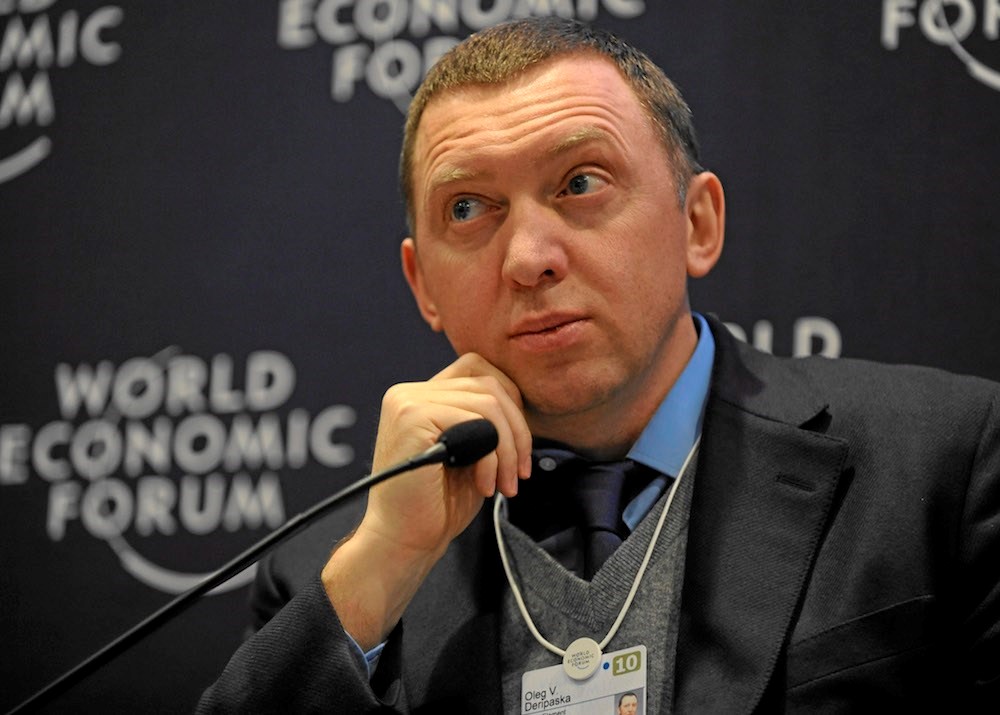

Russian aluminium major Rusal has appointed a new chief executive on Monday after reporting a 42 per cent jump in third-quarter recurring net profit from second quarter with the postponement of U.S. sanctions till December.
The U.S. Treasury Department in April put sanction on Russian billionaire Oleg Deripaska and eight companies in which he is a large shareholder, including aluminium producer Rusal, citing “malign activities".
{alcircleadd}
The sanctions have been postponed several times as the United States considers excluding Rusal from the U.S. blacklist if Deripaska disowns all his shares in the company. The deadline was last extended to December 12. Oleg Deripaska stepped down as a director of his aluminium firm Rusal in June 2018. He was then preparing for reducing his stake in En+, the group which controls Rusal.
Finally, as promised to the U.S. government regulators, U.C. Rusal’s parent company En+ Group announced on Friday that founder Oleg Deripaska has passed on the legacy to a successor. In a company press release, Rusal said this is another step towards a series of choreographed actions as part of a larger initiative, known as the Barker Plan to delist the group from sanction list.
“These management changes are consistent with the Barker Plan and the enhanced governance structures it will introduce,” the company said in its statement.
Evgenii Nikitin, who has been acting chief executive since May, was named as CEO of Rusal. Nikitin had previously headed Rusal’s aluminium division. Rusal and its parent En+ Group have recruited directors and management not linked to Deripaska in recent months as part of ongoing negotiations with Washington.
En+ also appointed Vladimir Kiriukhin as Chief Executive Officer and Vyacheslav Solomin as Chief Operating Officer of the Group on Friday.
“Nikitin was independent from and not related to any other directors, members of senior management, substantial shareholders or controlling shareholders of the company,” Rusal said.
Rusal is facing a “constant increase in production costs.” The situation remained uncertain and it was highly likely that the impact of sanctions may be materially adverse to the business.
Rusal’s Hong Kong-listed shares were up 3.8 per cent on Monday after going down 53 per cent since the announcement of sanctions.
Responses








